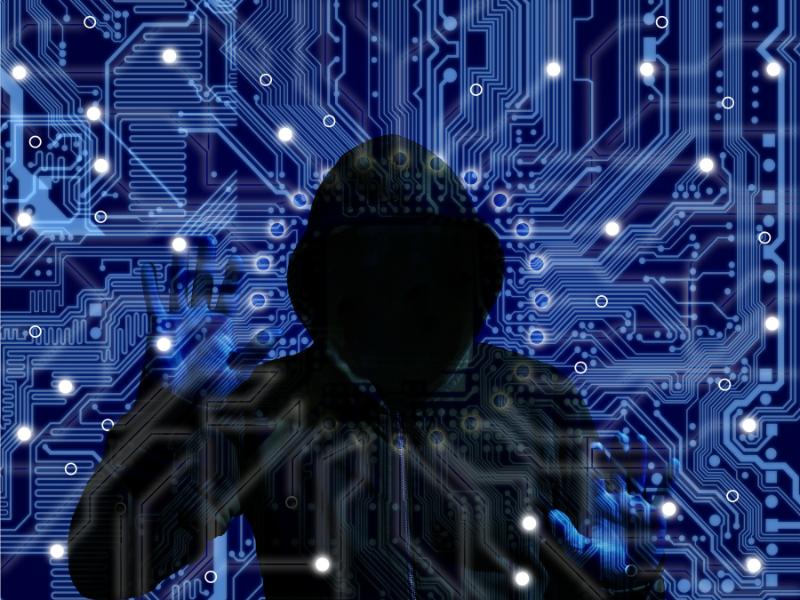
1. Introduction to Building a Strong Blue Team:
Building a strong blue team is essential for organizations aiming to establish effective cyber defense capabilities. This involves assembling a team of skilled professionals equipped with the necessary expertise and roles to protect the organization’s digital assets from cyber threats.
2. Cybersecurity Expertise and Technical Skills:
Key skills for blue team members include expertise in cybersecurity principles, knowledge of networking protocols, proficiency in security tools and technologies, and experience with incident response procedures. Technical skills such as threat analysis, malware reverse engineering, and log analysis are also critical for effectively defending against cyber threats.
3. Incident Response Specialists:
Incident response specialists play a vital role in the blue team, responsible for managing and responding to security incidents as they occur. These professionals have expertise in incident detection, containment, eradication, and recovery procedures, enabling them to mitigate the impact of security breaches and restore normal operations swiftly.
4. Threat Intelligence Analysts:
Threat intelligence analysts gather, analyze, and disseminate information about emerging cyber threats, adversary tactics, and attack trends. They monitor threat intelligence feeds, conduct research on threat actors, and provide actionable insights to enhance the organization’s situational awareness and proactive defense capabilities.
5. Security Operations Center (SOC) Analysts:
SOC analysts monitor and analyze security events and alerts generated by the organization’s security systems, such as intrusion detection systems (IDS), security information and event management (SIEM) platforms, and endpoint detection and response (EDR) solutions. They investigate security incidents, triage alerts, and coordinate incident response efforts to mitigate potential threats effectively.
6. Penetration Testers and Red Teamers:
Penetration testers and red teamers simulate cyber attacks against the organization’s systems and infrastructure to identify vulnerabilities and weaknesses in the defense posture. They conduct ethical hacking exercises, vulnerability assessments, and penetration tests to assess the resilience of security controls and provide recommendations for improvement.
7. Security Awareness Trainers:
Security awareness trainers educate employees about cybersecurity best practices, raise awareness about common threats and attack vectors, and promote a culture of security within the organization. They develop training materials, deliver cybersecurity awareness sessions, and conduct phishing simulations to help employees recognize and respond to potential security threats effectively.

